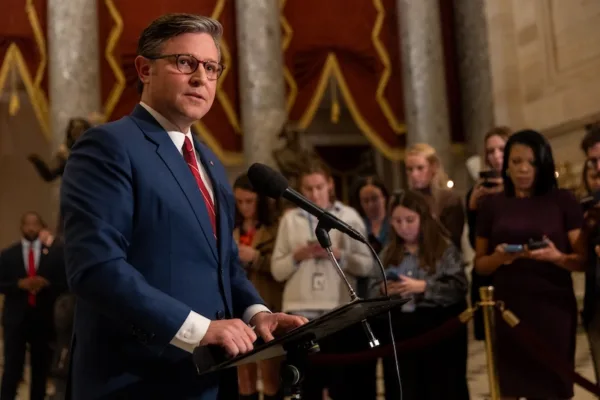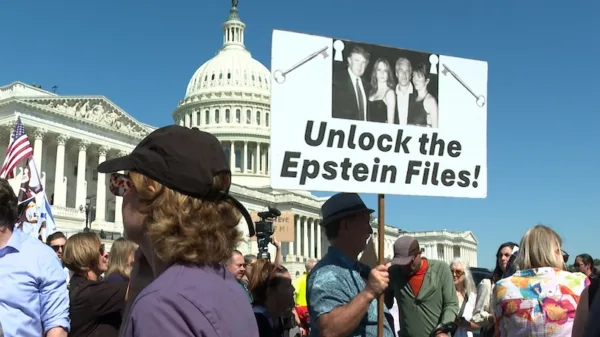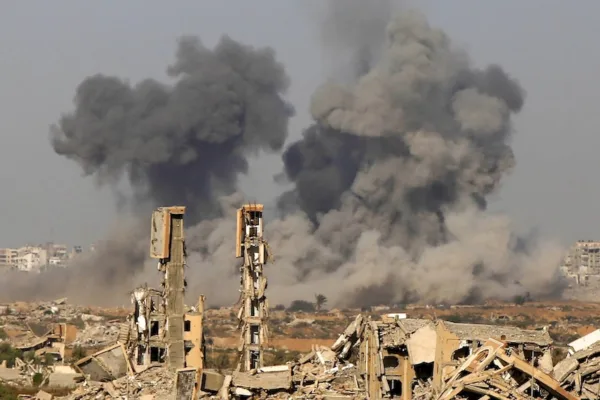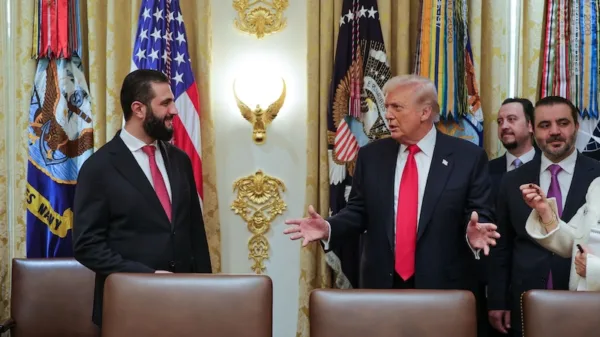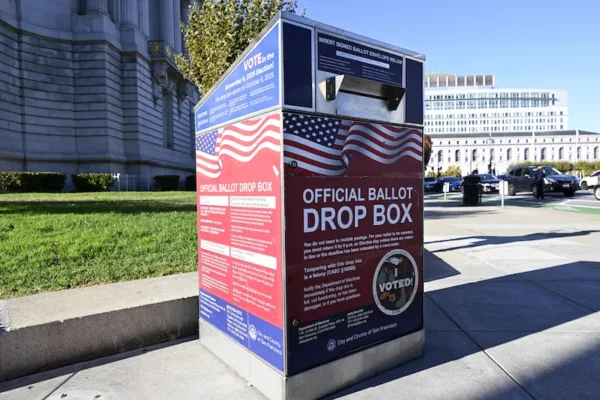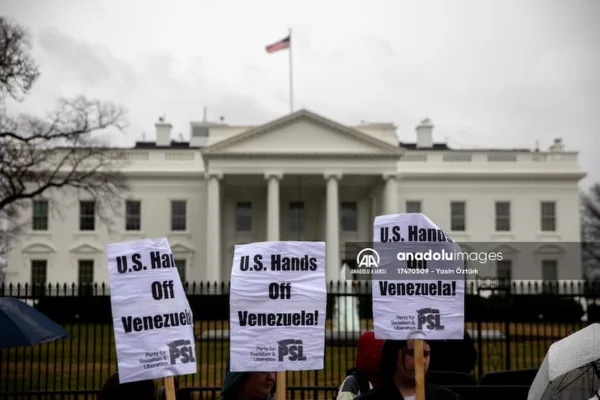Assad’s Trick and His Increasing Invisibility
International action against the mayhem in Syria is increasingly reminding us of the 1995 movie “The Usual Suspects,” a crime thriller directed by Bryan Singer and starring Kevin Spacey. In the movie, Roger “Verbal” Kint (Kevin Spacey) comes up with a convoluted story after a series of crimes and murders that he committed to convince the interrogator of the existence of “an evil” character by the name of Kaiser Soze who has not been seen or known much by the people. He makes the story complicated and persuasive enough to trick the interrogator as well as the audience. The narrative becomes his only weapon and although he is the “evil” one, he pulls out the greatest trick of the devil and convinces the world that he doesn’t exist.
After three years of carnage in Syria, we are talking not about how to get rid of Bashar Assad and establish an inclusive and sustainable government in Syria anymore after Assad is gone, but talking about a threat that the situation that Assad created in Syria. Assad is no Verbal and we don’t want to believe that we are so gullible, however the state of the problem under current circumstances is increasingly tilting toward that direction. So how did this happen?
While in the movie Verbal achieved tricking the interrogator and viewers through a complicated story that he narrated and by a threat that he manufactured in order to divert the attention of the interrogator, Assad and his regime did not need to come up with such an astute story with such a degree of sophistication. The Syrian regime for the last three years just pointed out “the threat” of radicalism, even before it had much power, in order to convince the international community that the regime is a bulwark against radicalism in the country – a trick that the autocrats of the Middle East have committed frequently. Not only this, the regime also prepared all the conditions necessary for the emergence of it, including killing and torturing civilians. It made the international community believe that in the absence of Assad, Syria will be a hell that will burn everybody.
When the Islamic State of Iraq and al-Sham (ISIS) emerged on the international public scene, the Syrian regime achieved multiple strategic goals at the same time. With the rising threat of ISIS, the Syrian regime portrayed itself as a “victim” of radicalism and supported the international coalition against ISIS wholeheartedly. The Assad regime was trying to depict the simplicity of the story behind the rise of ISIS as a local discharge of a global inflammation of radicalism. Meanwhile, this situation was helping the regime to portray all opposition groups under the same umbrella of radicalism. The international community was ready to buy this and gave some short term solutions in order to resolve the crisis. There was not much thinking or deliberation to understand the main source of the emergence and rise of ISIS and potential ways to totally eradicate this group and remove emerging local support. Just like in one of the memorable quotes of “The Usual Suspects” – “To a cop, the explanation is never that complicated … If you got a dead body and you think his brother did it, and you’re gonna find out you’re right.” The international community regarded a plan that will end two problems – both ISIS and the Assad regime – as too complicated and wanted to believe that the clock was ticking since the capture of Mosul, Iraq by ISIS and that the eradication of the terrorist organization would end all the problems and acted on it. Despite the warning from observers, regional allies and the some U.S. administration officials, the position of the international coalition did not change at all. Just like the cop in the movie, the international coalition has been too confident about its impact.
Second to this, the Assad regime, since the rise of the ISIS threat, has gradually become a “lesser evil,” and is in fact on the way to become totally invisible to the international community. Despite the continuation of its egregious violation of human rights, nobody is paying much attention to these events. The Syrian government, on the one hand, continues to indiscriminately attack cities, towns and even the camps of displaced people, and on the other hand, is creating a siege around Aleppo, which may lead to a very serious humanitarian disaster. In previous actions, the Assad regime starved the population of towns or killed them and created massive waves of refugees. However, these actions are increasingly staying under the radar of the international community. While doing this the regime is even offering cooperation with the international coalition to fight against ISIS. It is almost claiming a moral high ground. Again, the strategy of the international coalition is helping Assad to not be that sophisticated in order to stay less visible. The voices that point out that Assad, as a major threat that needs to be dealt with, are being considered a distraction and warnings about the atrocities in Syria is selectively perceived.
This trend will lead the international coalition and community to failure like Kujan, the interrogator in “The Usual Suspects.” The continuation of this trend will leave Assad in power, Syria in civil war and will not end radicalism in the country. Yes, Assad is no Verbal, but the international coalition and community and the rest of us are becoming increasingly “wannabe Kujans.”
This article was originally published in Daily Sabah on November 8, 2014.






